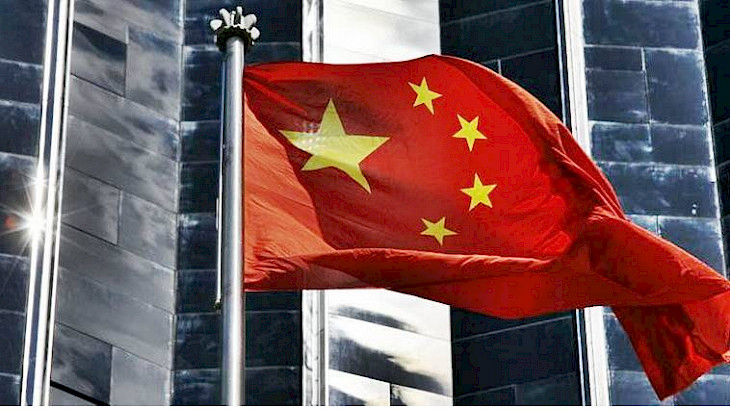Chinese Special Envoy for Afghanistan, Yue Xiaoyong, stated in an interview that Beijing is not seeking to establish a sphere of influence in Afghanistan, Khaama.com reports.
He emphasized, “Afghanistan should become a platform for cooperation among all parties, rather than a ground for geopolitical competition.”
Over the past three years, U.S. officials have repeatedly expressed concerns over China’s growing influence in Afghanistan.
Former U.S. President Donald Trump, during his election campaign, alleged that with the withdrawal of American troops from Bagram Airbase, China has moved to occupy it.
Following the U.S. troop withdrawal and the Taliban’s return to power, China has actively sought involvement in Afghanistan’s economic projects, including mining, oil, and gas contracts.
China has also established close political and diplomatic ties with the Taliban, being one of the few countries to accept a Taliban-appointed ambassador.
In a Sunday discussion at the Beijing International Dialogue Center, the Chinese envoy reiterated China’s respect for Afghanistan’s independence, sovereignty, and territorial integrity, pledging not to interfere in its internal affairs.
Yue Xiaoyong highlighted the need for Afghanistan to prioritize forming an inclusive government and adopting moderate national policies. He expressed concerns over the presence of more than 20 terrorist groups in the country, a significant increase from the pre-U.S. intervention era.
Addressing the situation of women in Afghanistan, Yue stated that while it is an issue, it is not the root cause of the country’s challenges.
He criticized Western countries for what he called “double standards,” suggesting that addressing poverty, hunger, and famine is essential for human rights in Afghanistan.
According to international reports, at least 20 million people in Afghanistan are facing severe poverty.
Yue Xiaoyong underscored China’s role in aiding Afghanistan while calling on the United States to accept responsibility for the devastation in the country and to take the lead in its reconstruction.
His comments highlight the geopolitical complexities surrounding Afghanistan, as the international community grapples with addressing its humanitarian crises and ensuring stability amid evolving power dynamics.
CentralasianLIGHT.org
November 18, 2024

